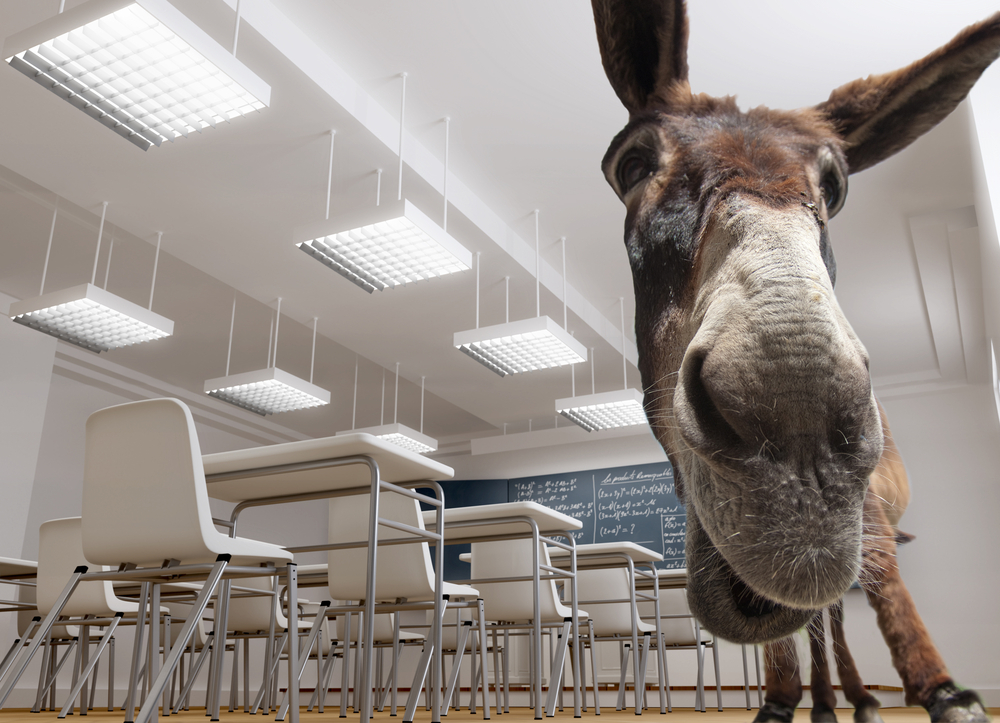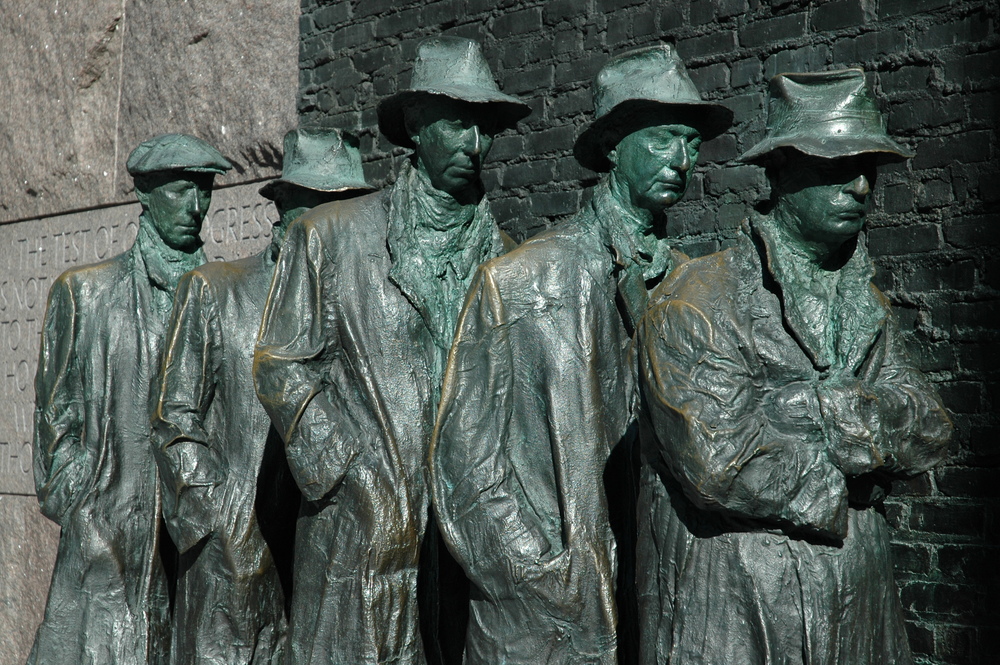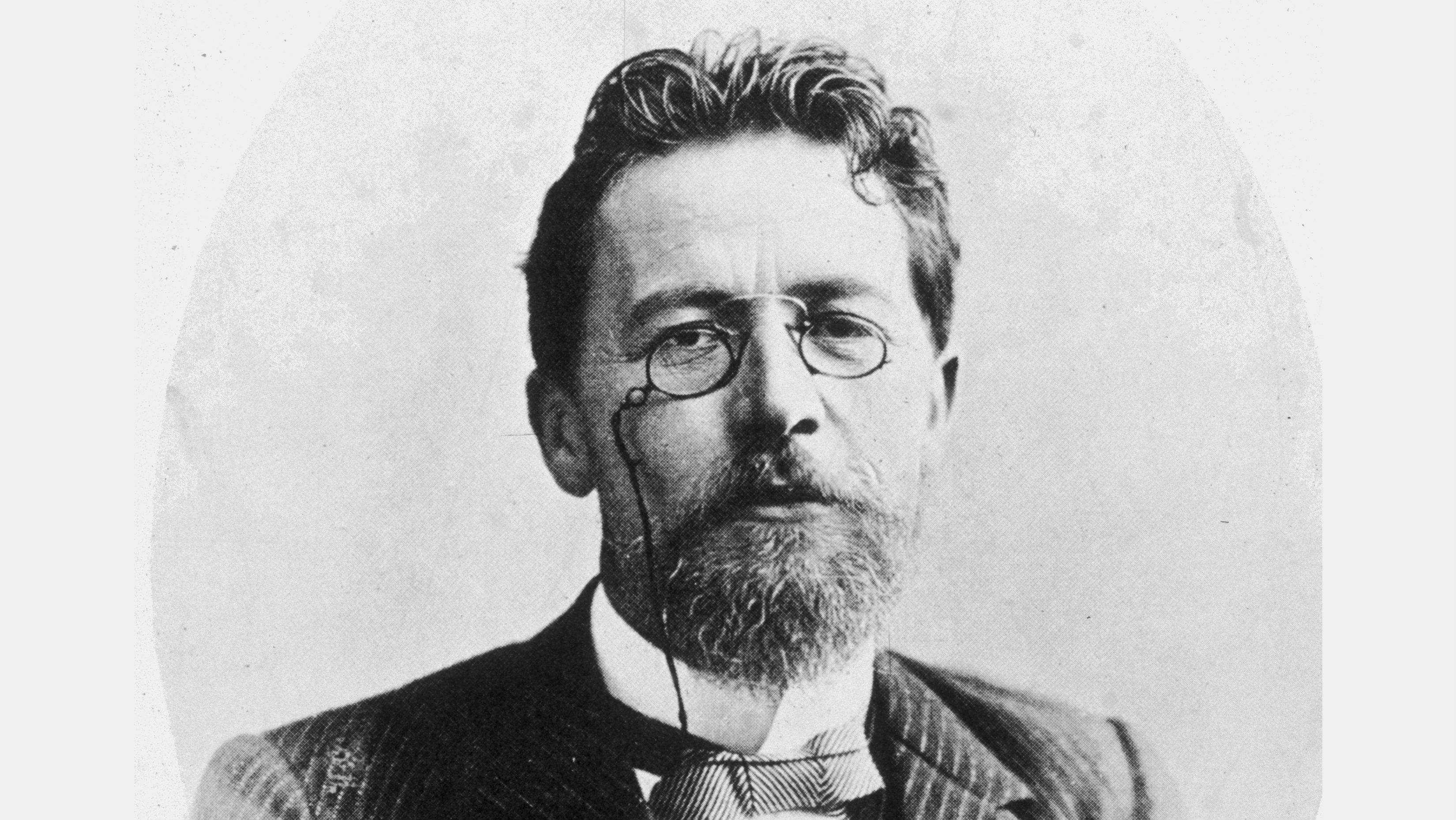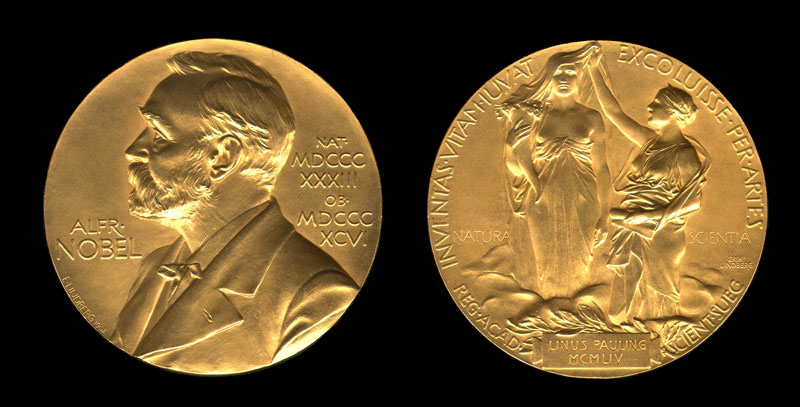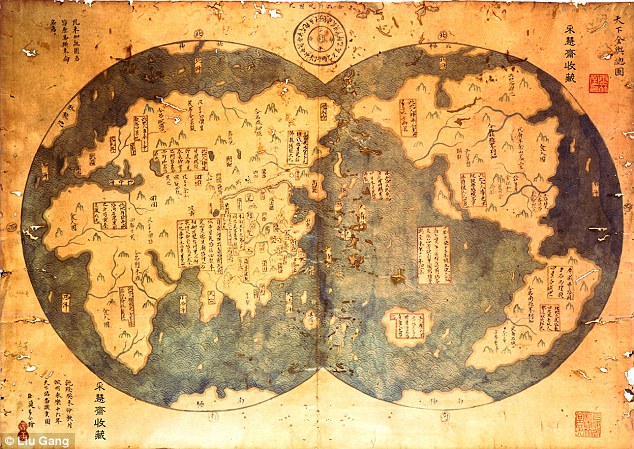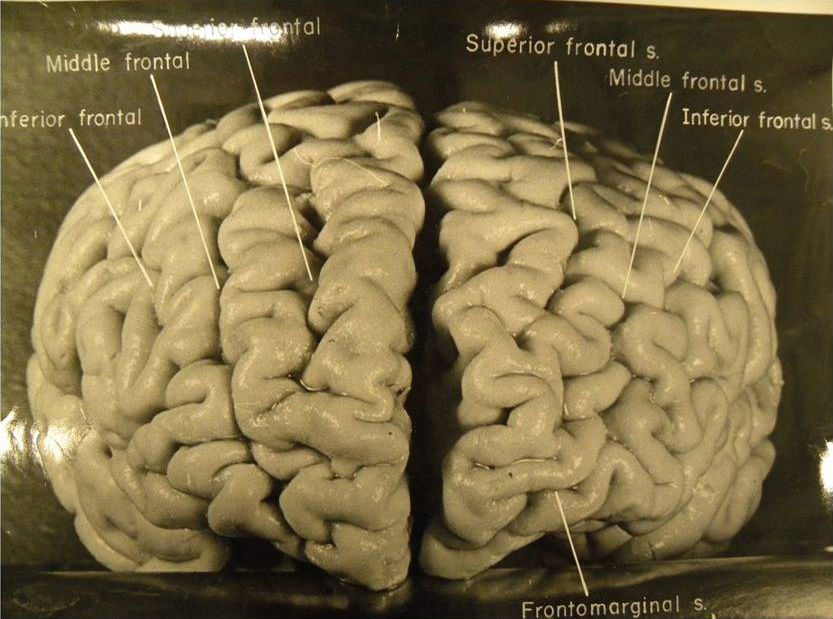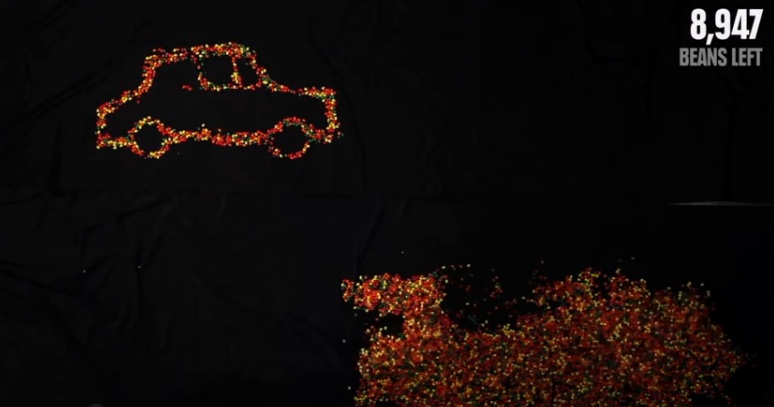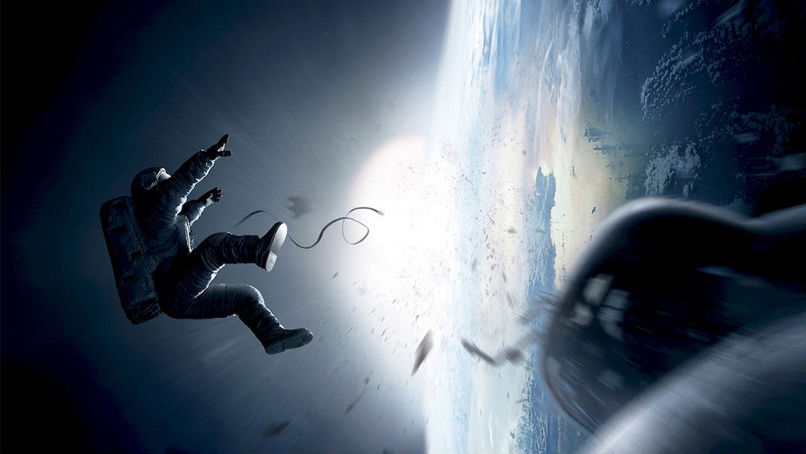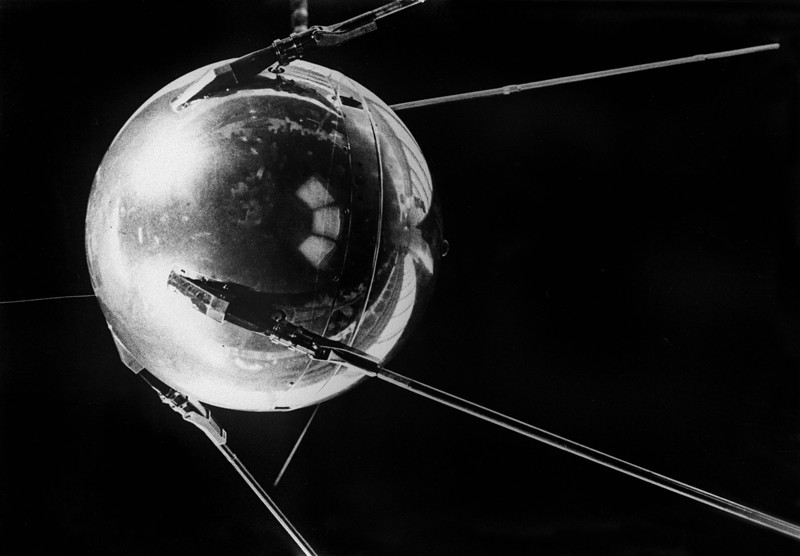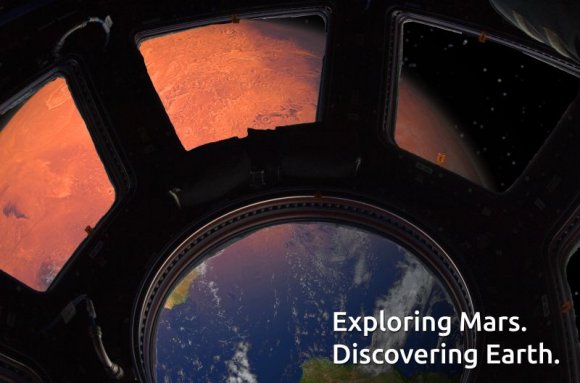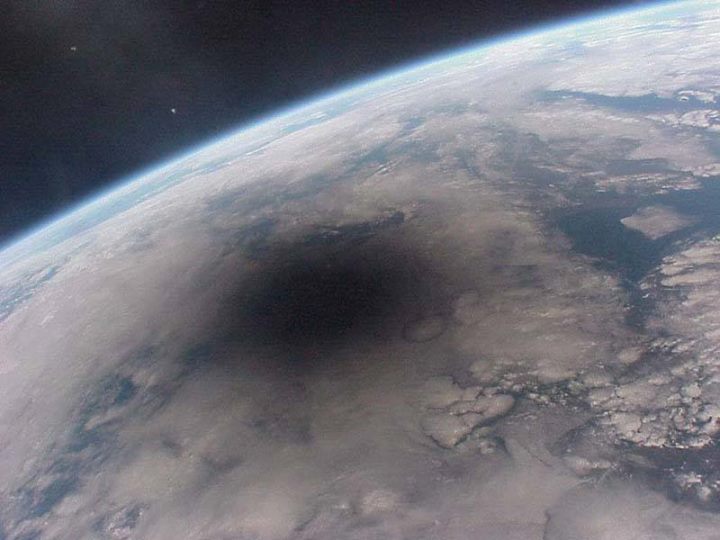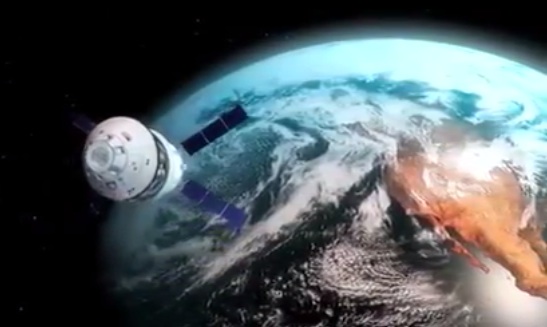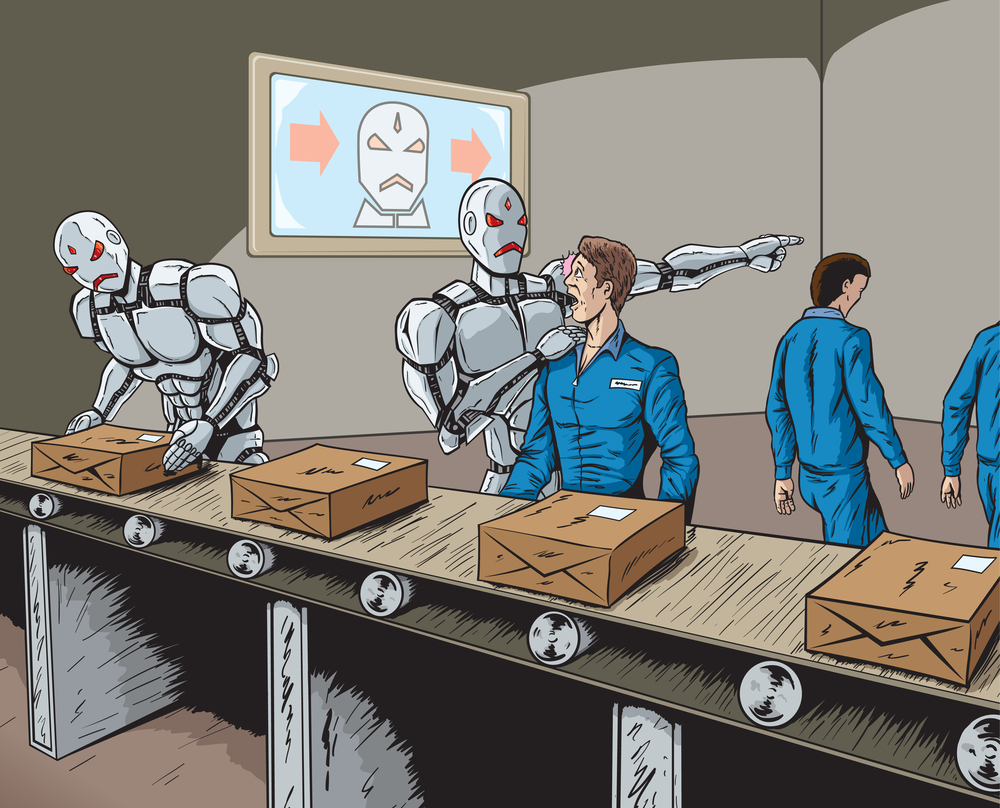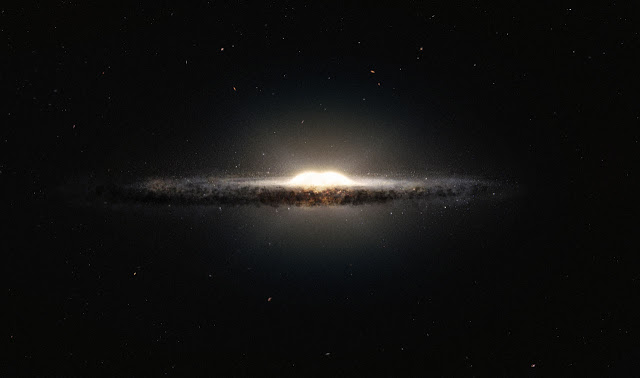bigthinkeditor
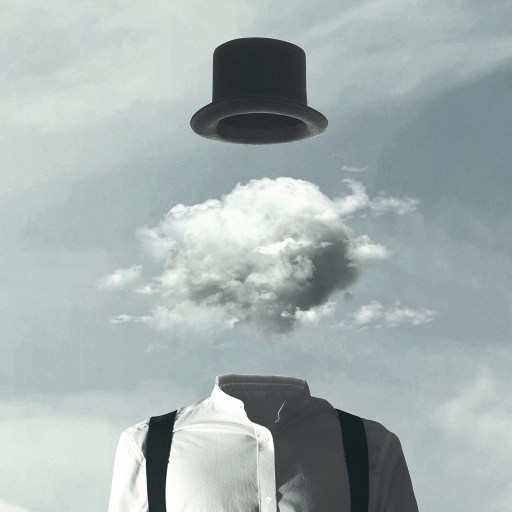
Can our political beliefs actually make us bad at math?
Paul Thorton, the L.A. Times’ letters editor explained the difference between opinions and factual inaccuracies in defending his decision not to print letters that challenge the certainty “that we fossil-fuel-burning humans are driving global warming.”
The government shutdown brought tears to the eyes of a 5-year-old when he could no longer play kids games on his favorite website, Nasa.gov.
By 2047, plus or minus five years, the coldest years the world experiences will actually be warmer than the hottest years in the past.
Would a government default have the impact of Lehman10 as Daniel Gross puts it or could the breaching of the debt ceiling be a “managed catastrophe” as Senator Tom Coburn so artfully put it?
Sasha Abramsky argues that poverty today is a symptom of profound levels of inequality.
In his Mentor Workshop Jonathon Keats looks at how to ask naïve questions, how to invert perceptions, how to combine incompatible systems, how to remix metaphors and finally how to pursue paradox.
“We were a little appalled” said lead researcher Dr. Nicole E. Ruedy after the team concluded that unethical behavior can trigger “positive affect, which we term a ‘cheater’s high.'”
While a writer like Chekhov makes us contemplative and skeptical, a mainstream work of fiction does little to enhance our theory of mind skills, such as our ability to understand complex characters.
What about Earth Science? What about Math? What about all of the social sciences? And indeed, what about technology?
A Swedish inventor has created a watch with a display that counts down to the year, month, day, hour and second that you are going to die.
Gavin Menzies reboots the debate on whether Chinese explorers had detailed knowledge of the Western Hemisphere long before Columbus set sail.
The Swedish Royal Academy of Sciences awarded the 84-year-old Higgs, along with Francois Englert, 80, of Belgium, a Nobel Prize in physics for their work in the discovery of the Higgs boson, the subatomic particle that helps explain the very structure of the universe.
For the first time, scientists were able to get “inside” Einstein’s brain, using a new technique that allowed them to detail Einstein’s corpus callosum, “the brain’s largest bundle of fibers that connects the two cerebral hemispheres and facilitates interhemispheric communication.”
Some rituals might be more effective than others in creating the right mindset for creativity, but there is “no one way to get things done.
Hopefully you don’t feel like time is slipping away. It is how you use your finite time that counts!
Scientists can be harsh film critics, as evidenced by Neil deGrasse Tyson’s recent evisceration of the film Gravity on Twitter.
Today, many worry that the U.S. has lost its edge not just in space but in terms of being a nation of innovators. So what will it take to wake the country up?
World Space Week 2013 is all about what many consider the Next Frontier: the planet Mars.
Since you cannot really be 100 percent certain of a theory, a better way to put it to yourself is to say “I think this is very likely to be true.”
Data exhaust could save your life.
The great elephant in the room in the health care discussion is the huge cost of keeping alive those already in the final stages of life. Is there a better way to approach this, or to even discuss it? Right now, we are doing neither.
This image is an extremely unique solar eclipse, taken from space and revealing the Moon’s shadow on the Earth’s surface.
Why do people become teachers and how do we attract the best teachers to the profession?
It’s “solemn nonsense” to try to convert nonbelievers to Christianity, said Pope Francis. Or so we think.
This video animation gives us a tantalizing glimpse into one proposed method for asteroid retrieval, which would serve as a stepping stone for future missions to asteroids.
An Oxford University study looked at how susceptible jobs are to computerization, and found that “about 47 percent of total US employment is at risk.”
The most striking thing you will notice is the peanut shape of the central bulge of the galaxy, as viewed from a different perspective than we get from Earth.
The National Zoo tweeted that live cameras on animals – including the popular ‘Giant Panda Cam’ – have been deemed non-essential in the wake of the government shutdown.
The wonderful time-lapse video below records Perseid meteors above Canada. But it also contains a mystery.
